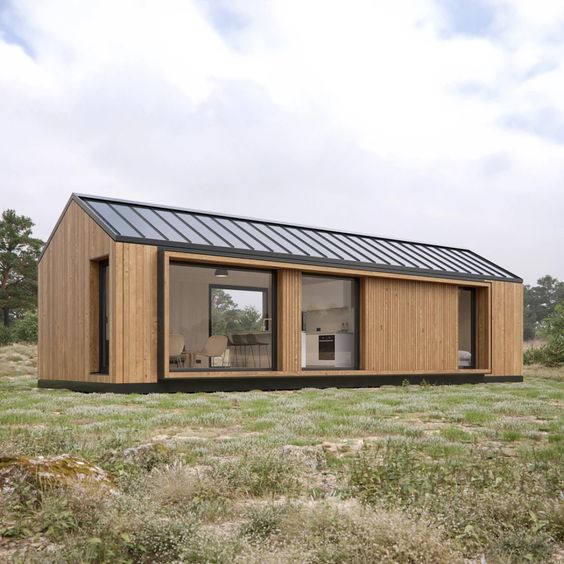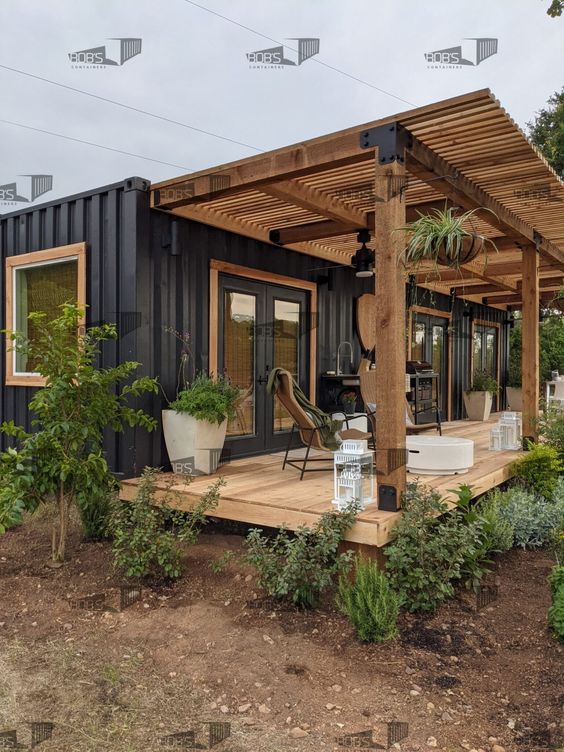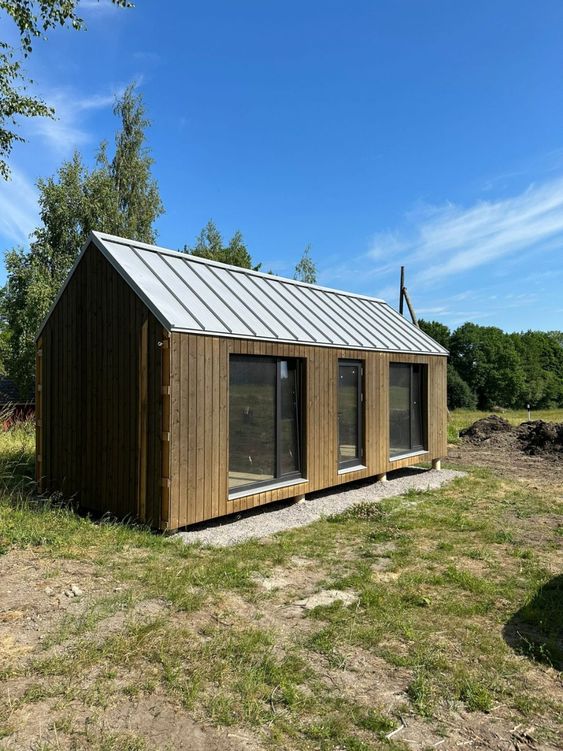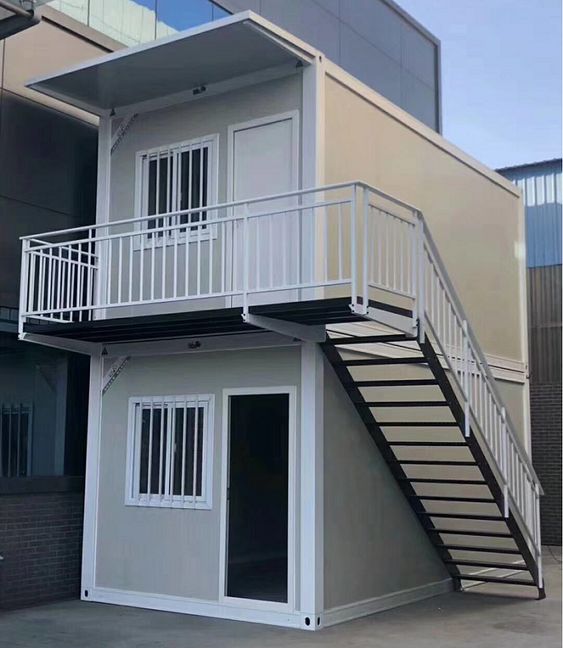
As the demand for innovative, cost-effective, and sustainable housing solutions grows, modular houses are gaining significant attention. Unlike traditional site-built homes, modular houses are constructed in sections or modules in a controlled factory environment and then transported to the building site for assembly. This modern approach to homebuilding offers numerous advantages that make it an appealing option for homeowners, builders, and developers alike. In this blog post, we will explore the key benefits of modular houses and why they represent the future of residential construction.

1. Speed of Construction
Faster Build Times
One of the most compelling advantages of modular houses is the significantly reduced construction time. Because the modules are built in a factory while site work is simultaneously completed, the overall build time can be shortened by 30-50% compared to traditional construction methods. This efficiency means that homeowners can move into their new homes much sooner.
Reduced Weather Delays
Building in a controlled factory environment minimizes delays caused by adverse weather conditions, which are a common issue in traditional construction. This controlled setting ensures that work can continue uninterrupted, leading to more predictable project timelines.
2. Cost Efficiency
Lower Construction Costs
Modular homes can be more cost-effective than traditional homes due to economies of scale in manufacturing and reduced labor costs. The factory setting allows for better control over material use and waste, leading to savings that are passed on to the consumer.

Fixed Pricing
Modular home builders often offer fixed pricing, which can help homeowners avoid unexpected costs that frequently arise during traditional construction projects. This transparency in pricing makes budgeting easier and reduces financial uncertainty.
3. Quality Control
Precision and Consistency
Factory construction allows for greater precision and consistency in building practices. Each module is constructed using standardized procedures and inspected for quality control at multiple stages. This ensures that the final product meets stringent quality standards and reduces the likelihood of defects or construction errors.
Enhanced Durability
Modular homes are designed to withstand the rigors of transportation and assembly, often resulting in stronger and more durable structures. The use of advanced materials and techniques in the factory setting contributes to the overall longevity and resilience of modular houses.

4. Sustainability
Reduced Waste
The factory-based construction process is highly efficient, with materials being cut to exact specifications. This reduces waste significantly compared to traditional on-site construction, where material overages and miscuts are more common.
Energy Efficiency
Modular homes are often built with energy efficiency in mind. Advanced insulation, energy-efficient windows, and modern HVAC systems can be easily integrated into the design, resulting in homes that are more environmentally friendly and have lower utility bills.
Eco-Friendly Materials
Many modular home manufacturers prioritize the use of sustainable and eco-friendly materials. This commitment to green building practices can lead to a smaller carbon footprint and a healthier living environment for occupants.
5. Design Flexibility
Customization Options
Modular homes offer a high degree of customization. Homeowners can choose from a variety of floor plans, finishes, and features to create a home that suits their specific needs and preferences. This flexibility extends to both interior and exterior design elements, allowing for a personalized living space.

Scalability
Modular homes can be easily expanded or modified in the future. Additional modules can be added as needed, providing a scalable solution that can adapt to changing family sizes or lifestyle needs. This adaptability makes modular homes an attractive option for long-term living.
6. Improved Safety
Safer Construction Environment
Building in a factory setting is generally safer for workers compared to traditional construction sites. The controlled environment reduces the risks associated with weather conditions, heights, and other site-specific hazards. This can lead to fewer accidents and a more efficient construction process.
Enhanced Building Standards
Modular homes are built to meet or exceed local building codes and standards. The rigorous quality control and inspection processes ensure that each module complies with these regulations, resulting in a safer and more reliable final product.
7. Financial and Insurance Benefits
Easier Financing
Securing financing for a modular home can be more straightforward than for a traditional home, as lenders recognize the value and efficiency of modular construction. Additionally, the shorter construction time can reduce the interest paid on construction loans.
Insurance Savings
Insurance premiums for modular homes can be lower due to their enhanced durability and safety features. The controlled building environment and stringent quality control reduce the risk of defects and damage, making these homes less risky to insure.
Conclusion
Modular houses represent a forward-thinking approach to residential construction, offering numerous advantages over traditional building methods. From faster build times and cost efficiency to enhanced quality control and sustainability, modular homes provide a compelling solution for modern living. Their design flexibility, improved safety, and financial benefits further underscore their appeal. As the housing market continues to evolve, modular houses are poised to play a crucial role in meeting the demands of future homeowners who seek efficient, affordable, and sustainable living options. Whether you are a first-time homebuyer, a growing family, or a developer, exploring the possibilities of modular housing could be the key to achieving your ideal living space.
